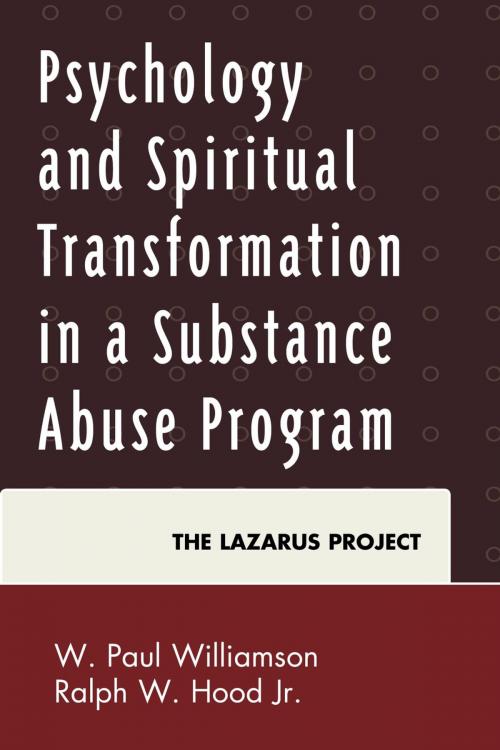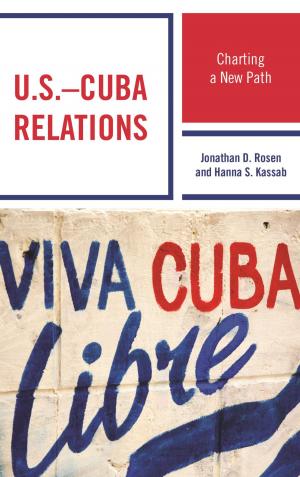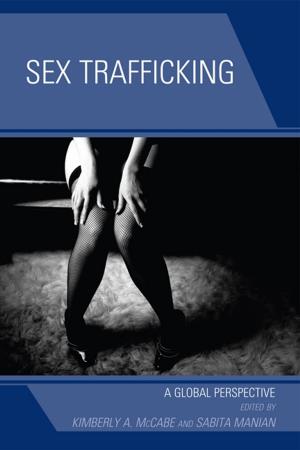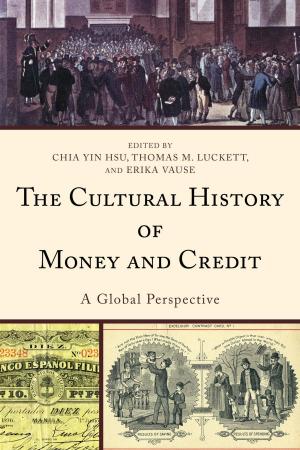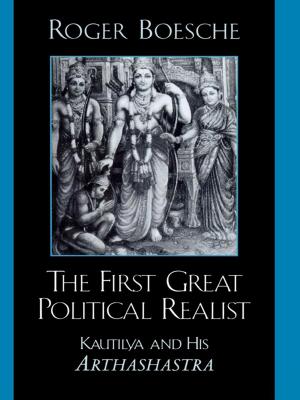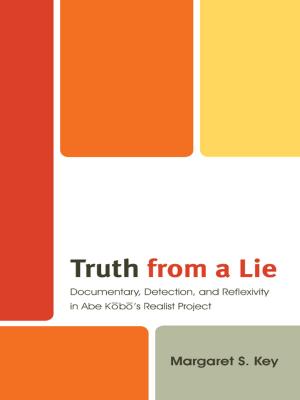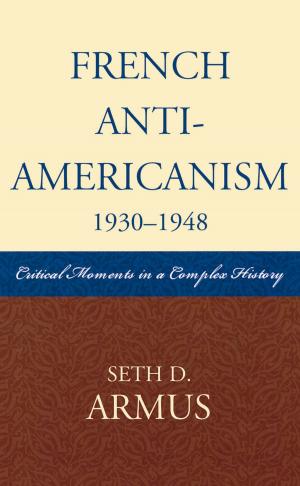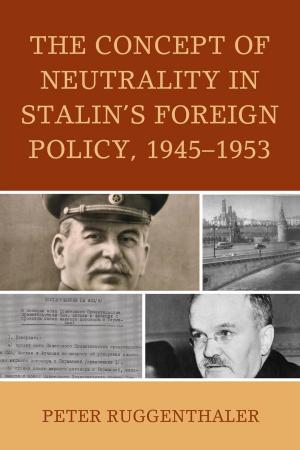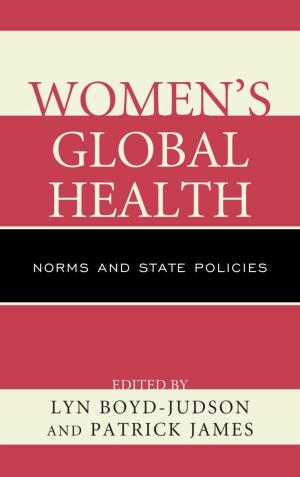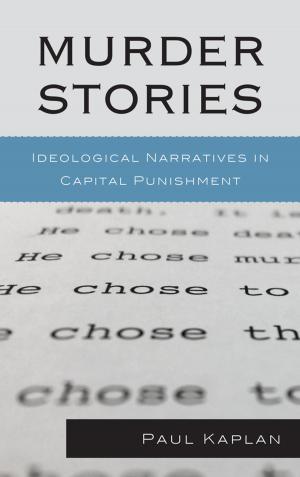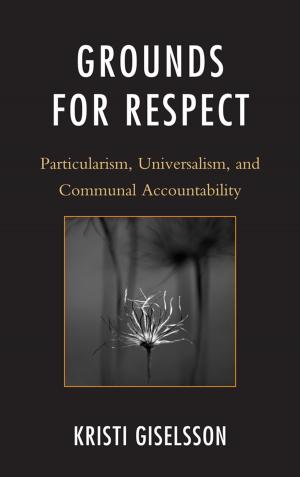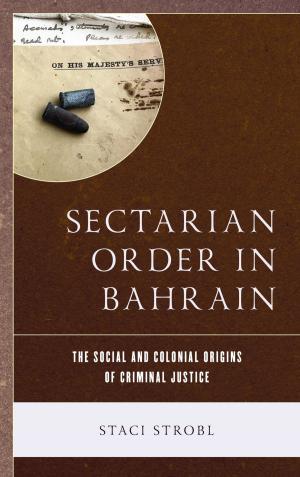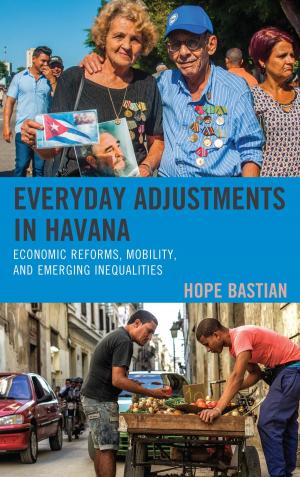Psychology and Spiritual Transformation in a Substance Abuse Program
The Lazarus Project
Nonfiction, Health & Well Being, Psychology, Clinical Psychology, Applied Psychology, Religion & Spirituality, Inspiration & Meditation, Spirituality| Author: | Ralph W. Hood Jr., W. Paul Williamson | ISBN: | 9780739193082 |
| Publisher: | Lexington Books | Publication: | January 29, 2016 |
| Imprint: | Lexington Books | Language: | English |
| Author: | Ralph W. Hood Jr., W. Paul Williamson |
| ISBN: | 9780739193082 |
| Publisher: | Lexington Books |
| Publication: | January 29, 2016 |
| Imprint: | Lexington Books |
| Language: | English |
Psychology and Spiritual Transformation in a Substance Abuse Program: The Lazarus Project presents the results of an independent five-year study on spiritual transformation at a twelve-month residential program called the Lazarus Project—an agency that takes a Pentecostal faith-based approach to dealing with substance abuse. Residents who completed the program experienced psychological and spiritual transformation within six months in the program. Furthermore, this change was found to persist one year after graduation from the program. Resident descriptions derived from phenomenological interviews revealed that this transformation was experienced in relation to religious and spiritual experiences while in the program, and that Pentecostal factors were significant facilitators of change and recovery from substance addiction. Psychology and Spiritual Transformation in a Substance Abuse Program concludes that Pentecostal faith-based approaches to dealing with substance addiction may be more effective than secular and even non-Pentecostal faith-based approaches. The unique and exhilarating Pentecostal experience, as an alternative to a drug-induced high leading to meaningless addiction and self-destruction, is contextualized within a religious and spiritual ontology that offers purpose and meaning to victims of substance addiction.
Psychology and Spiritual Transformation in a Substance Abuse Program: The Lazarus Project presents the results of an independent five-year study on spiritual transformation at a twelve-month residential program called the Lazarus Project—an agency that takes a Pentecostal faith-based approach to dealing with substance abuse. Residents who completed the program experienced psychological and spiritual transformation within six months in the program. Furthermore, this change was found to persist one year after graduation from the program. Resident descriptions derived from phenomenological interviews revealed that this transformation was experienced in relation to religious and spiritual experiences while in the program, and that Pentecostal factors were significant facilitators of change and recovery from substance addiction. Psychology and Spiritual Transformation in a Substance Abuse Program concludes that Pentecostal faith-based approaches to dealing with substance addiction may be more effective than secular and even non-Pentecostal faith-based approaches. The unique and exhilarating Pentecostal experience, as an alternative to a drug-induced high leading to meaningless addiction and self-destruction, is contextualized within a religious and spiritual ontology that offers purpose and meaning to victims of substance addiction.
